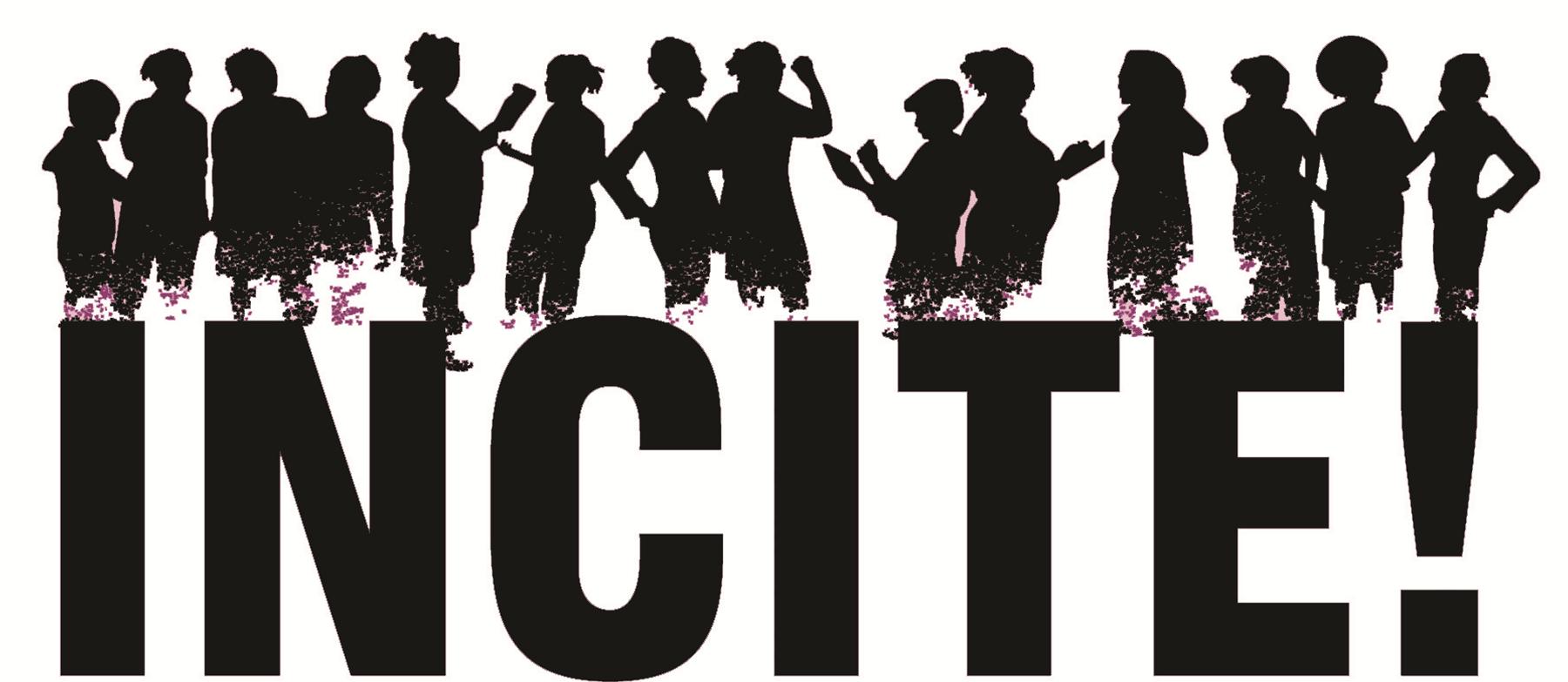Young Women’s Empowerment Project (YWEP) recently released their findings from a participatory action research project entitled, , “Girls do what they have to do to survive: Illuminating Methods used by Girls in the Sex Trade and Street Economy to Fight Back and Heal.” YWEP is a youth leadership organization grounded in harm reduction and social justice organizing by and for girls and young women (ages 12-23) impacted by the sex trade and street economies, and is run by girls and women with life experience in the sex trade and street economies. YWEP members were interviewed about their research by Chicago Public Radio program, Eight Forty-Eight, who posted a podcast of the interview.
In the interview, co-director, Shira Hassan, discusses the way in which YWEP frames the sex trade and street economies,
We use the term sex trade as an umbrella term, and the umbrella term is to really pull all the experiences of what girls are doing to survive all the time, everyday. And so we use it to mean any way that girls are trading sex or sexuality, or forced to trade sex or sexuality, for anything like money, gifts, survival needs, documentation, places to stay, drugs, you know, it gets really complicated and varied. We are also for girls who are involved in the street economy. We make those distinctions just because they connect so clearly. We define the street economy as anything that you do for cash that’s not taxed. Whether that’s hair braiding, whether that’s selling CD’s on the corner, whether that’s an elaborate con, right? Something that you’re gonna do that’s gonna get you money that isn’t reportable. Both of these methods are ways that girls have found to survive when they’re street-based.
Jazeera Iman, the study’s research coordinator, discussed how the research reveals the relationship between sexual and domestic violence between individuals, and institutional violence:
I heard a lot about girls experiencing exclusion from different services because of their participation in the sex trade, because of drug use, because of participation in the street economy, being of color, being young, being young mothers. I also see a lot of girls relying on each other, as opposed to relying on systems. A good example of that is a girl might turn to another girl for help with a medical problem as opposed to going to a clinic. Individual violence was enhanced by institutional violence, meaning that a girl would experience individual violence, for example, she’d get beat up, and then she would try to go to a clinic or hospital and get care, and they would refuse her because they know she’s involved in the sex trade. So, the individual violence she experienced is compounded upon by the institutional violence. She’s experiencing two forms of violence.
Shira continues,
I would say for us, the surprises in the data were about how much people were being denied help from institutions. And by help, we don’t mean rescue or saving. We mean, I need stitches. We don’t mean, save me from the street. We mean, give me a hug, or I need to file a report against this person. We’re not even talking about elaborate forms of life changing help, we’re talking about really simple emergency intervention type care that was really shocking to hear how infrequently girls were being successful in getting that help from systems.
Shira and Jazeera also discussed how the research challenges definitions of what gets counted as resilience, healing from violence, coping, and self care.
Even though our resilience methods may be untraditional, they still work for us.
…
One of the key findings we had is that resilience is a stepping stone to resistance. So why we wanted to focus in on that was to show that girls are in fact doing things to take care of themselves, and that, as a whole, our community is often looked at as people who cannot do anything to take care of themselves. … You need to see that we are taking care of ourselves and each other.
Listen to the entire podcast.
















I am currently conducting research on teenage pregnancy amongst young women in schools across South Africa. I am trying to understand from a feminist perspective why young women ‘risk’ falling pregnant while still at school , as the number of pregnant schoolgirls is very high across South Africa. If you have any thoughts on the matter, I would welcome any input.
Thanks
Neel